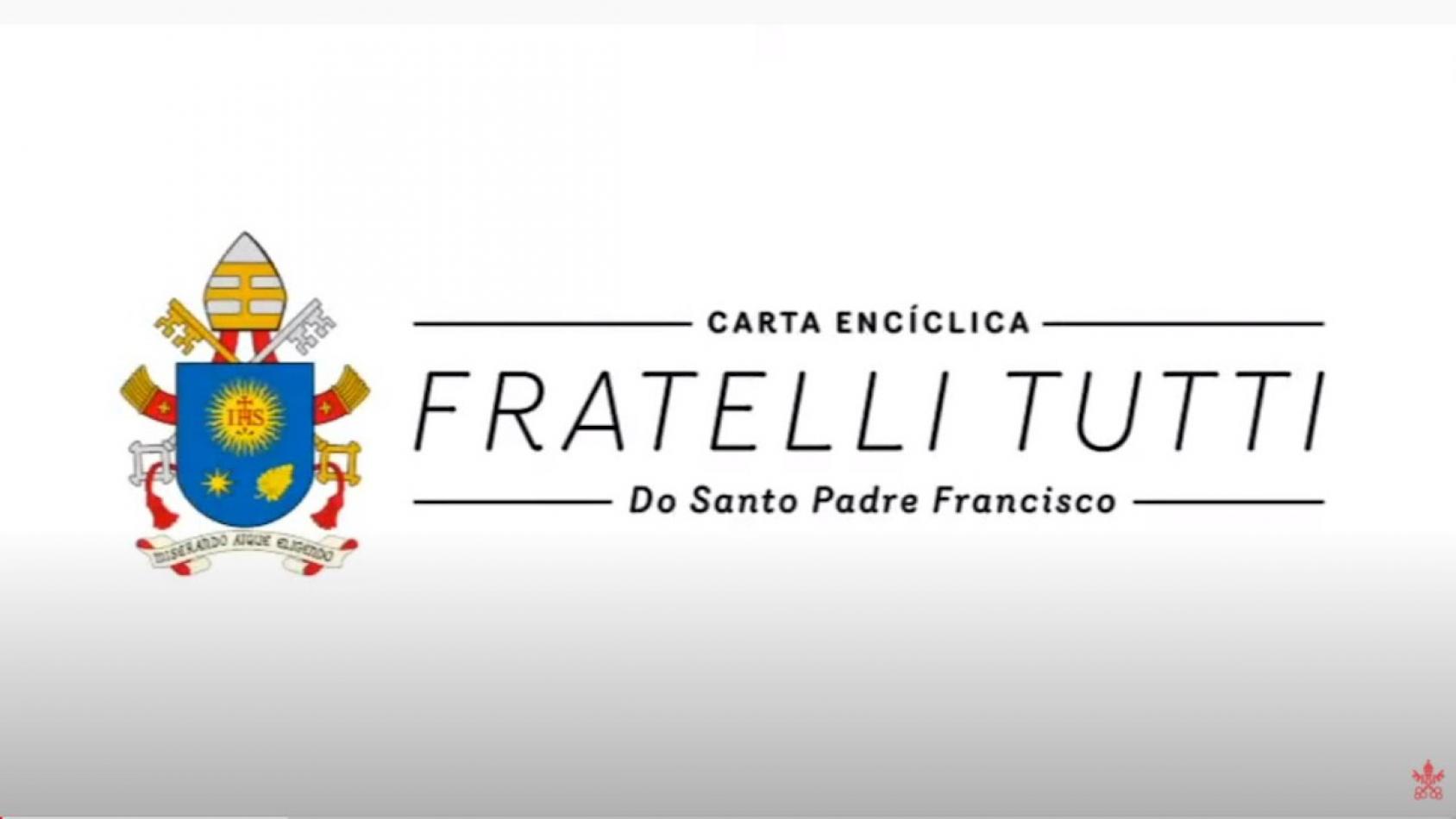The first chapter of the Encyclical Letter opens with the observation that the human community as a whole is going backwards compared to the historical achievements of the second post-war period. Ours is a time characterised by closed, exaggerated, resentful and aggressive nationalisms; by selfishness and loss of social meaning. Globalisation is emerging as a process of opening up markets and closing down humanity. A massified world is emerging that privileges individual interests and weakens the community dimension of existence. People are reduced to consumers and spectators, driven to consume without limits and towards an individualism without content. The culture of waste, indifference and cultural colonisation dominate. The imposition of a single cultural model favours the identity of the strongest and dissolves the identity of the weakest and poorest, making them more vulnerable and dependent. Rich countries are presented as cultural models for developing countries, instead of ensuring that everyone grows in their own unique style, developing their own capacity to innovate from the values of their own culture. This fosters low self-esteem and contempt for one’s own cultural identity, and such a mechanism makes it easy to dominate people and communities. Behind the tendencies to homogenise the world, there are power interests at play; they seek to create a new culture at the service of the most powerful. That benefits the opportunism of financial speculation and exploitation.
The great challenge today is the lack of horizons capable of bringing us together in unity. As FT 53 states,
We forget that “there is no worse form of alienation than to feel uprooted, belonging to no one. A land will be fruitful, and its people bear fruit and give birth to the future, only to the extent that it can foster a sense of belonging among its members, create bonds of integration between generations and different communities, and avoid all that makes us insensitive to others and leads to further alienation”.
Instead, there is a growing “culture of walls”, of exclusion, which opposes encounters with other cultures and other people. The obsession with the consumerist lifestyle – the privilege of the few – provokes violence and mutual destruction. Closing in on the “every man for himself”attitude leads to everybody against everyone else. As the COVID pandemic teaches us, no one can be saved alone, but only together. It is therefore necessary to rethink our lifestyles, our relationships, the organisation of our societies and above all the meaning of our existence. We need to recover the shared passion for a community for belonging and solidarity, to which we devote time, effort and resources.
We start by sitting down to listen to the other person, which is the paradigm of a welcoming attitude, of someone who welcomes others, pays attention to them, makes room for them. And we continue to search together for the truth in dialogue, a persevering journey, also made up of silences and sufferings, capable of patiently gathering the vast experience of persons and peoples.




